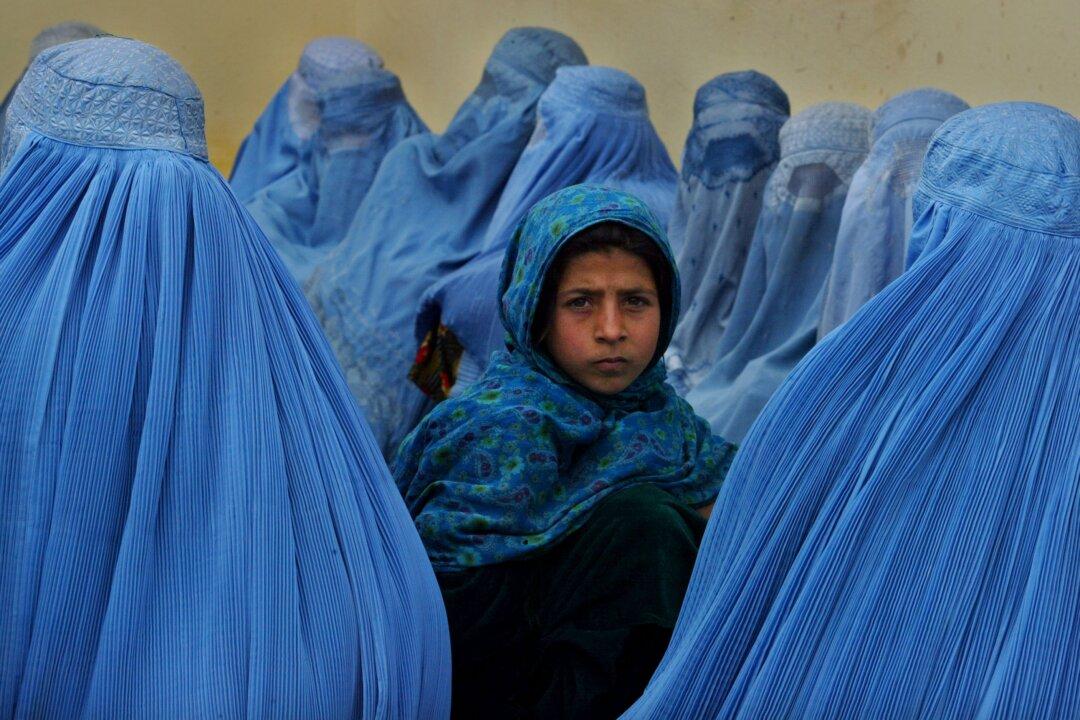Commentary
Many people would have seen the horrific images of the unstoppable advance of the Taliban fighters in Afghanistan. This advance was accompanied by brutal repression, executions of those suspected of collaborating with the government or its American allies, and denigration of women and girls.






